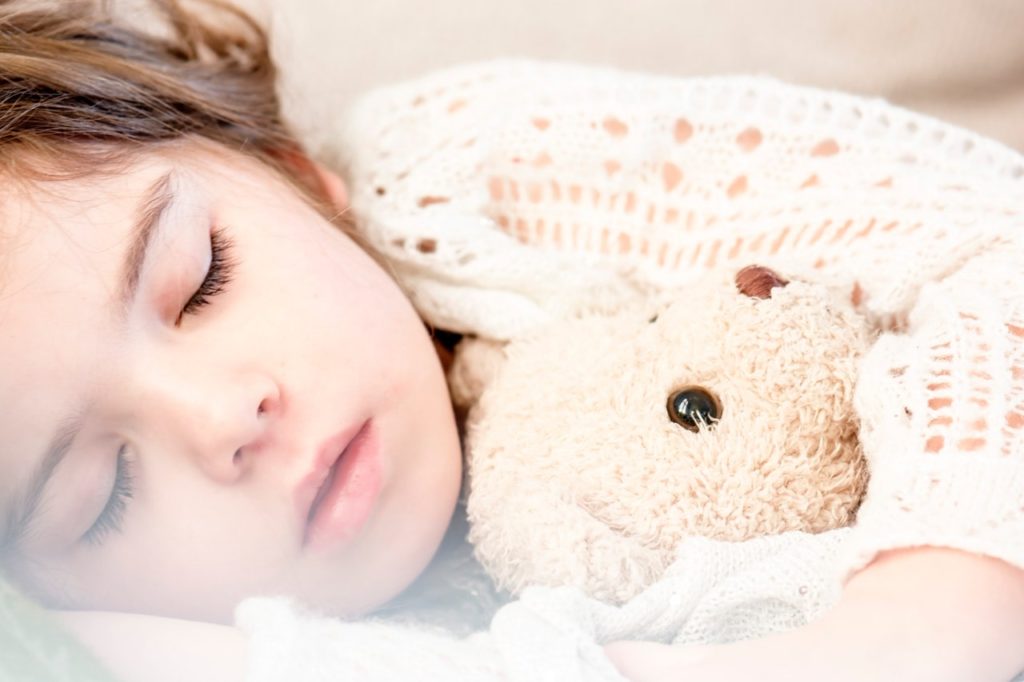By Dr. Rohan Gupta,
Doctor of pharmacy, B.pharm.
Healthy sleep is essential for physical and mental health. Sleep is as important as eating healthy and exercising. In the current era value of sleep is underestimated. To understand the value of sleep we all should be aware of what is sleep? How sleep helps in preventing major illnesses? How to identify we are sleep deprived? What measures should be taken to get a good night’s sleep?
Sleep is a state of rest in which your eyes are closed, your body is inactive, your mind does not think and where the quality and quantity of sleep are well maintained. Quality and Quantity of sleep is a remedy in preventing Major illnesses. you may think what does the quality and quantity of sleep means than you are at the right place to understand it. Sleep quality refers to how well you sleep. For adults, good quality sleep means that you typically fall asleep in 15-20 minutes or less, sleep soundly through the night with no more than one awakening and drift back to sleep within 20 minutes if you do wake up. Sleep quantity varies with age. On average, children and adolescent need more than 10 hours of sleep and most healthy adult needs 7-9 hours of sleep.
Science of Sleep:
To understand sleep and wakefulness you must have some knowledge about neurobiology of sleep. States of sleep and wakefulness are generated by the complex interaction between many endogenous chemicals acting at multiple sites within the brain. These endogenous chemicals regulating sleep and wakefuln16ess are norepinephrine, melatonin, serotonin, acetylcholine, dopamine, gamma-aminobutyric acid, glutamate, histamine, adenosine, and orexin. Where adenosine, serotonin, norepinephrine, histamine, dopamine, and orexin are responsible for promoting wakefulness and other endogenous chemical melatonin, gamma-aminobutyric acid are responsible for regulating sleep. Acetylcholine is important for initiating sleep and glutamate for initiating and maintaining sleep.
Do you know an interesting fact? There is no single endogenous chemical, no single brain region, no single receptor that is responsible for generating complex states of sleep and wakefulness. Its an interaction between many systems
Sleep in preventing major illnesses:
Nowadays people sleep-less which decreases the quality and quantity of sleep. Many studies have shown that lack of sleep disrupts neurobiology of sleep and wakefulness that increases the risk of various medical conditions such as hypertension, heart disease, stroke, type 2 diabetes mellitus, decreased immunity, inflammation, and depression which further reduces concentration and productivity of work. All these things have a major impact on reducing the quality of life. Thus, a good night’s sleep is a remedy for preventing the majority of illnesses.
Now here arises a question of how to identify that you are suffering from sleep difficulty? Observe yourself for the symptoms of sleep deprivation like frequent sleep disturbance, day time sleepiness, Yawning, Fatigue, Irritability, Depressed mood, Forgetfulness, Inability to concentrate. Sleep deprivation can also be assessed in a personalized way by using the Epworth sleepiness subjective scale given below.
Epworth sleepiness scale for evaluating sleep difficulties:
It is a short questionnaire that says, “How likely are you to doze off or fall asleep in following situations”. The possible Responses are answered in score given as follow,
0 = would never doze
1 = slight chance of dozing
2 = moderate chance of dozing
3 = high chance of dozing
| Sr.no. | Questions | Responces |
| 1 | Sitting and reading | —– |
| 2 | Watching TV | —– |
| 3 | Sitting, inactive in a public place (e.g. a theater or a meeting) | —– |
| 4 | As a passenger in a car for an hour without a break | —– |
| 5 | Lying down to rest in the afternoon when circumstances permit | —– |
| 6 | Sitting and talking to someone | —– |
| 7 | Sitting quietly after a lunch without alcohol | —– |
| 8 | In a car, while stopped for a few minutes in traffic | —– |
Now, go through each of eight questions and rate yourself from 0 to 3 respectively.
Interpretation:
| Score | Interpretation |
| 0-8 | Normal |
| 9-10 | Seek the advice of a sleep specialist without delay |
| >10 | It is recommended that you consult your physician to be evaluated for the sleep disorder |
“The Epworth Sleepiness scale is an established test used worldwide by the sleep professionals to measure sleep deprivation and daytime sleepiness”.
Measures to get good night sleep:
Many studies have suggested that sleep problems can be avoided with the use of good sleep habits, called sleep hygiene.
- Try to identify the problem which is triggering your sleep and divert your mind from it by meditation, listening to sleep music, etc.
- Stay active, regular exercise or yoga is a good idea to help with good sleep, but try not to do heavy exercises 4 hours before bed.
- Having a hot bath 1-2 hours before bedtime can be useful, as it will raise your body temperature, causing you to feel sleepy. Research shows that sleepiness is associated with a drop in body temperature.
- It is best to avoid taking large naps (>20 min) during the day, to make sure that you are tired during bedtime.
- Try to maintain a consistent sleep pattern 7 days a week. Sleep at the same time each night and get up at the same time each morning.
- Stop watching clocks, laptops, mobile or any blue light while sleeping.
- Keep your bedroom dark and cool and try to use it only for sleep
- Make sure the bedroom is dark and quiet. Use blackout curtains or a sleep mask. Use earplug to mask external noise.
- Avoid chemicals that disrupt sleep, such as nicotine, caffeine, and alcohol.
- Try to eat a balanced diet. Avoid heavy, fatty, fried or spicy food late in the evening if you have indigestion. Bananas, yogurt or healthy cereals are good bedtime snacks.
- Get out of bed if you don’t fall asleep within 20 minutes or more. Do something calming like meditation than return to bed again. Avoid doing anything too stimulating or interesting as this will wake you up even more.
In the end, we can conclude that night of healthy sleep can heal most of the problems and is a remedy in preventing Major illnesses associated with our health. We have the solution to every problem. Here, the solution is with us.
Also, read our article on The Impact of Quarantine on Health and Steps to Reduce it.
https://ahealthybeat.com/2020/03/23/quarantine-and-health/



Its very helpful dr. Rohan….even i checked my Epworth sleepiness score is 6 …..keep on sharing your knowledge… .. God bless you
Its good your sleepiness score is normal.
Thank you !
Great information…..atcully works.
Very nice. Really worth reading it.
Kudo’s to the Dr.Rohan
Nice&great information
It was very helpful
Nice very helpful information
Nice Dr Rohan Gupta
Good information for better life ,
Thanks for this quality information…
Good article…Nice job done
Much needed information nowadays..
Great … ! Thanks..!
Thanks for this article.. Very informative.. Keep up your good work.
Narrating is very good,helpfull info
Very Informative gud job…. Thank you.
Very much Helpful❤️ dr. Rohan gupta
Very much important information mr rohan gupta.
Great..
Pingback: The Impact of Quarantine on Health and Steps to Reduce it.
Pingback: The Impact of Exercises on Menstrual Health and Cramps. | AHealthyBeat
Pingback: Mobile Sanitization: Concern being disregarded amid Coronavirus outbreak
Pingback: Insight into PCOS and How to overcome it. | AHealthyBeat
It’s really very helpful n sufficient for people to understand…. Keep sharing Dr. Rohan waiting for your next blog
A very useful information given by you Dr Rohan…. Thanx…
Great Information Shared by you…..Keep going we need more informative blog like this…!!
Very nice information Dr Rohan.thanx…..
Good Dr.Rohan , it’s very useful and helpful… Thanks a lot sir
Such Informative article u share with our community , thank you sooo ..much Dr Rohan
Very important information sleep is necessary as other things in our lifestyle.
Quality n quantity….both perfect in terms of knwleged…. Keep posting
I found self assessment scale very useful thank you for sharing quality information…@ahealthybeat
Very revealing….looking ahead to returning.
Great article …..i have one question dr. Rohan…my age 30 and im taking sleeping tablets daily.. Im addicted now…. So can you help me for this ❔
Yes sure.
Thats great you want to stop your addiction.
Here is my email id: rohangupta76666@gmail.com
Mail me your detail medical and medication history….with exact drug,dose and duration of sleeping pills which you are taking.
Thank you.
Very nice information Dr. Rohan thanks
Very important information sleep is necessary as other things in our lifestyle.
Very usefull information…. This information needed in day todays life .
I found here very valuable information for health, congratulate the
author for such a good article!
I also share a website that has helped me get rid
of my problems with heartburn and acid reflux maybe someone will be
useful: https://bit.ly/HowStopAcidReflux
Take care!
I really appreciate that you guys read it and i’m glad it helped you all.
Thank you very much.
Pingback: Changes that can make your Quarantine a lot more Peaceful. | AHealthyBeat